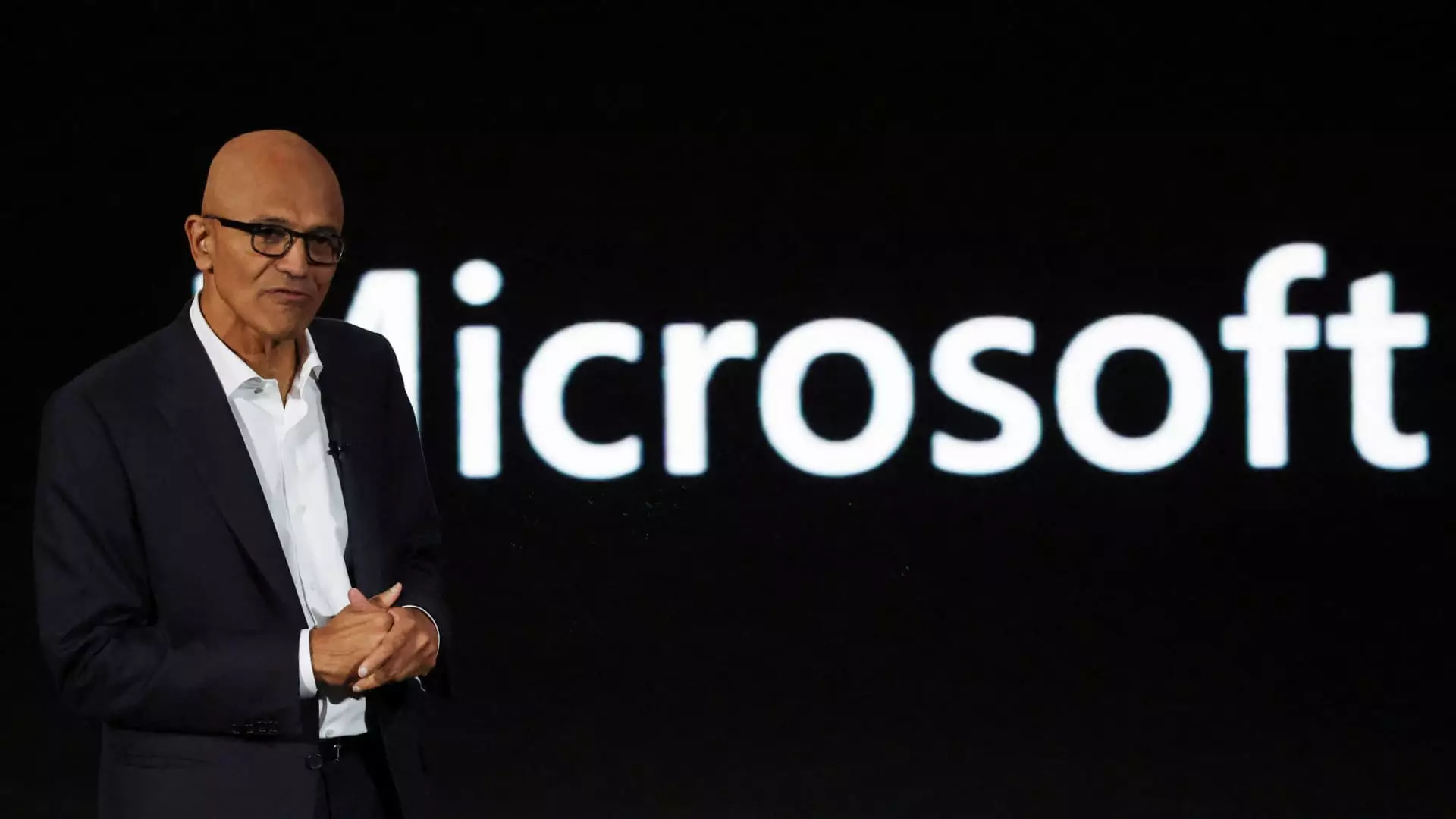Recently, Microsoft announced an initiative to freeze hiring within its U.S. consulting branch, signaling a significant step in its ongoing strategy to tighten operational costs. This move, highlighted in an internal memo, underscores the company’s proactive approach to expenses amid a fluctuating economic environment. Following a previous announcement about layoffs affecting less than 1% of its overall workforce, this pause in hiring reflects a broader trend within the technology sector as companies reassess their workforce and spending in response to market pressures.
The consulting division’s strategic shift is not just an isolated incident; rather, it aligns with the Microsoft Customer and Partner Solutions organization, which employs approximately 60,000 individuals. This consolidation of resources suggests a structural intention to optimize productivity and enhance fiscal responsibility as part of Microsoft’s larger business strategy.
Derek Danois, a consulting executive at Microsoft, emphasized the importance of meticulous cost management in his memo to team members. The directive to curtail travel expenses for internal meetings, transitioning to remote solutions, marks a significant shift in workplace dynamics. Although such measures may initially seem restrictive, they could ultimately pave the way for enhanced efficiency, reducing potential waste in corporate expenditures while still maintaining rapport among employees and clients.
Moreover, the consulting division will implement a dramatic 35% reduction in marketing and non-billable external resource spending. This focus on cutting extraneous costs directly addresses the slower growth rates within the consulting branch compared to other lucrative areas such as Azure cloud computing and productivity software subscriptions. The consulting unit generated $1.9 billion last quarter, showing only a marginal decline year-on-year, contrasting sharply with Azure’s impressive 33% growth.
Balancing Act: Investment in AI While Curbing Costs
Despite these austerity measures, Microsoft has reaffirmed its commitment to investing in artificial intelligence (AI). This duality of scaling back in certain areas while simultaneously nurturing AI advancements reflects a delicate balancing act that many tech giants must navigate. The recent surge in Microsoft shares, which rose by 12% in early 2024, mirrors market optimism about the company’s adaptive strategies, especially in comparison to the Nasdaq Composite index’s 29% rise.
Moreover, these adjustments could lead to a re-evaluation of Microsoft’s business priorities in the wake of its massive $75.4 billion acquisition of Activision Blizzard. Following this acquisition, the decision to shed 1,900 roles in its gaming unit underscores a clear acknowledgment of the need to reduce overlap and streamline operations. Such moves are indicative of a larger strategic intent to remain competitive amidst a rapidly changing technological landscape.
As Microsoft continues to navigate these turbulent waters, the focus on judicious spending will likely play an essential role in its future operations. The company’s approach towards its consulting division serves as a microcosm of the broader tech industry, as firms adapt to evolving economic realities. Future developments will hinge not only on navigating immediate challenges but also on how effectively Microsoft leverages its investments in AI and other growth areas to maintain its competitive edge. In a time of uncertainty, the company’s ability to adjust remains crucial as it strives to stay ahead in a fast-paced and ever-changing market.

